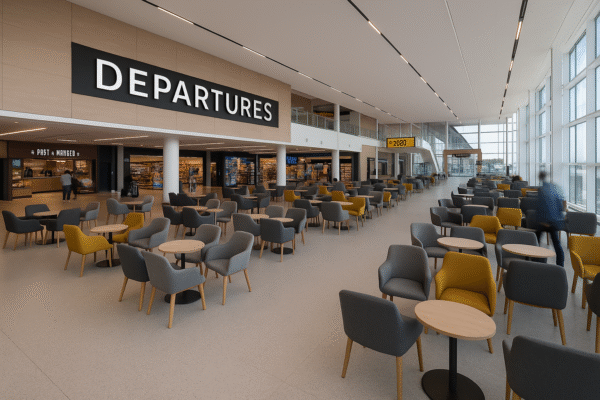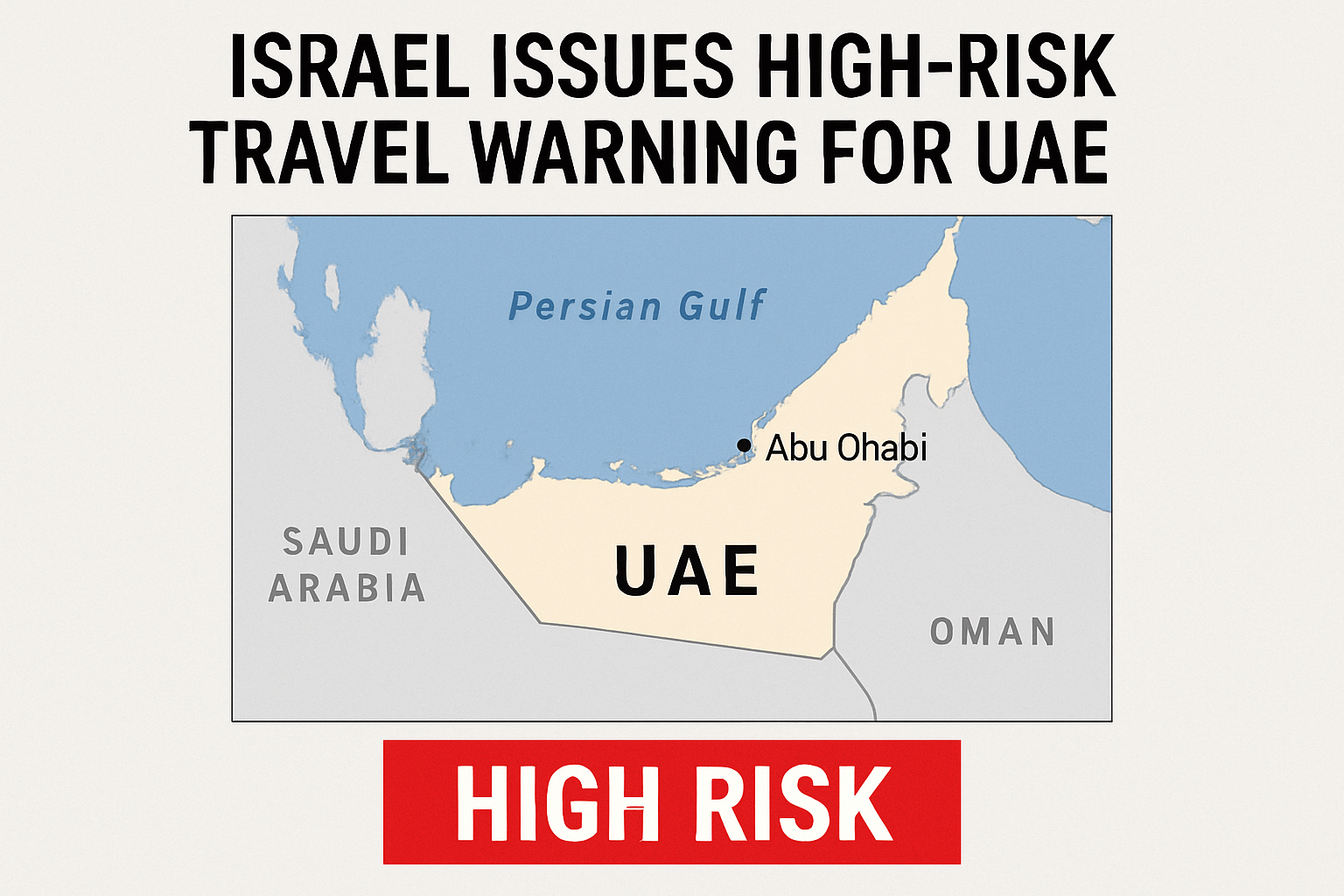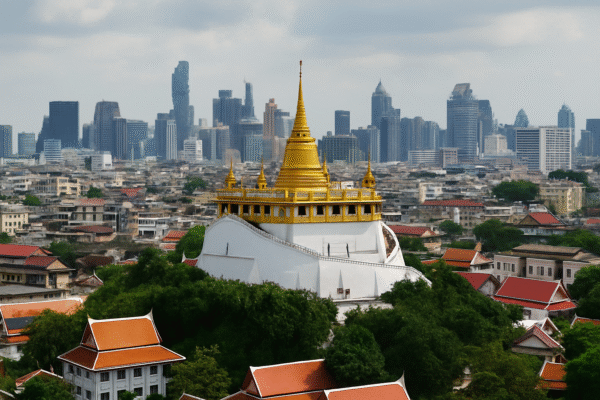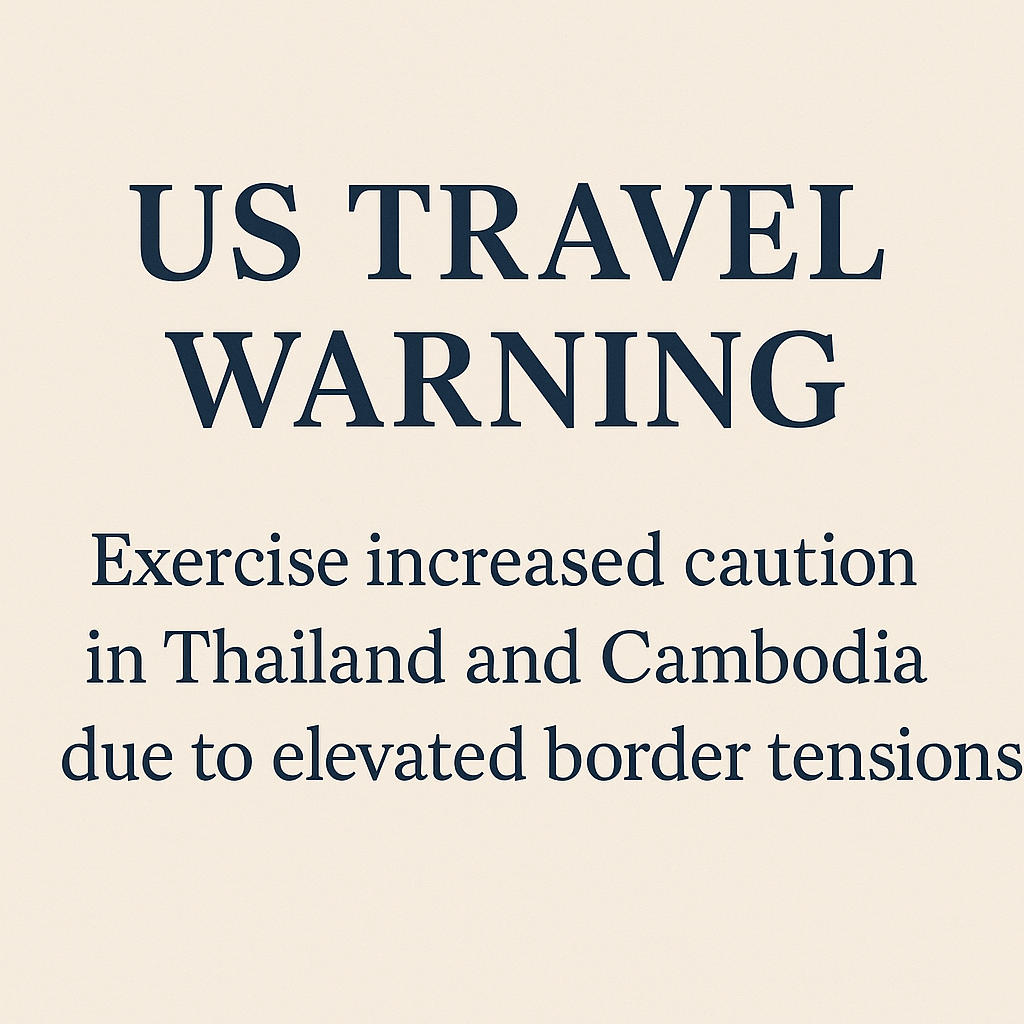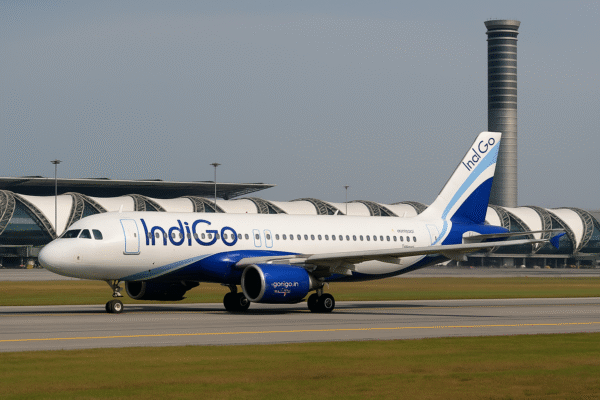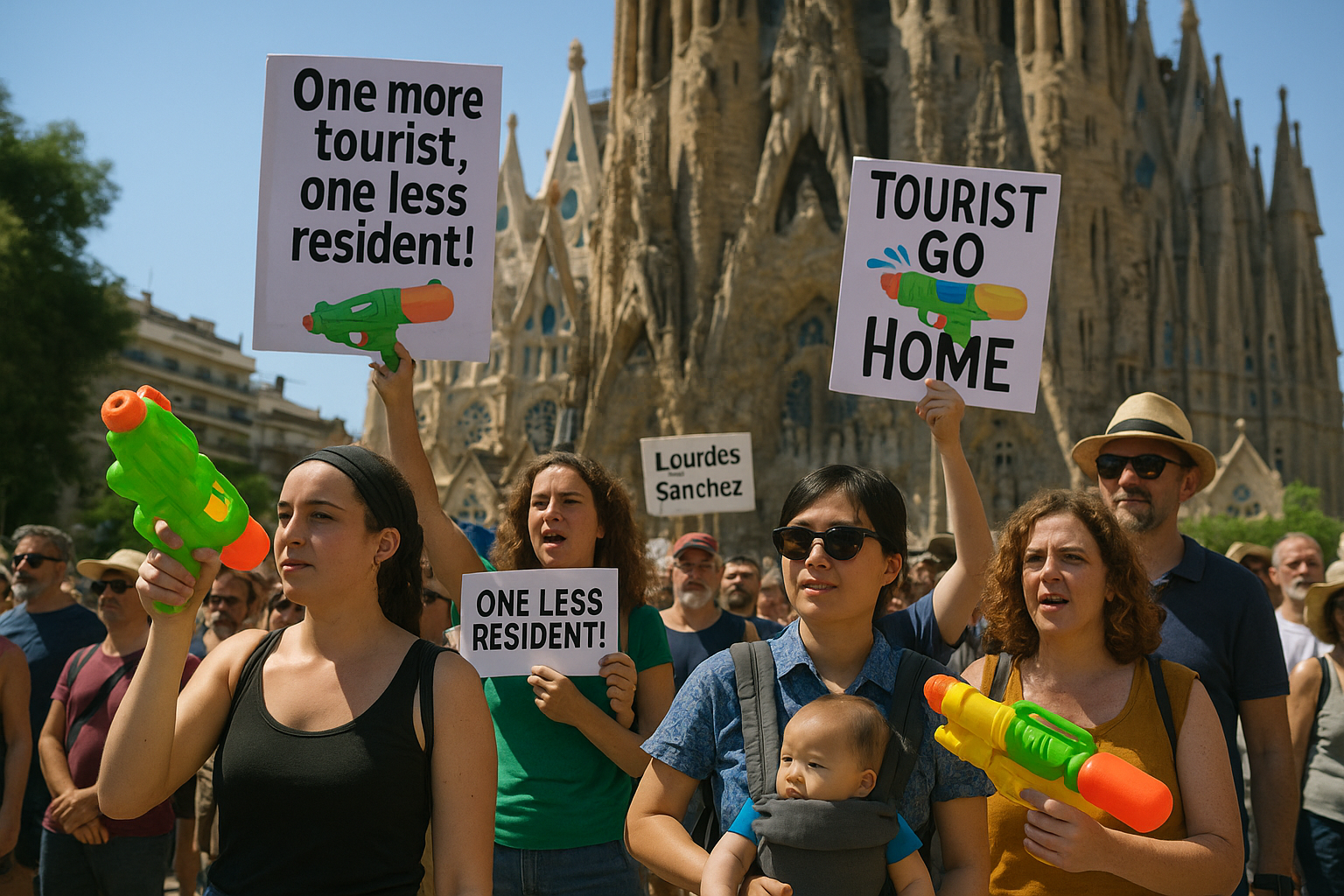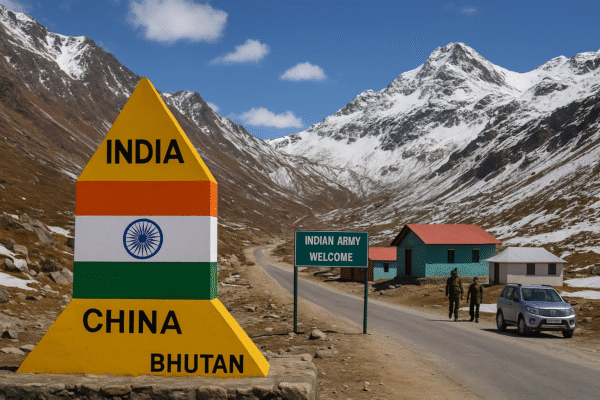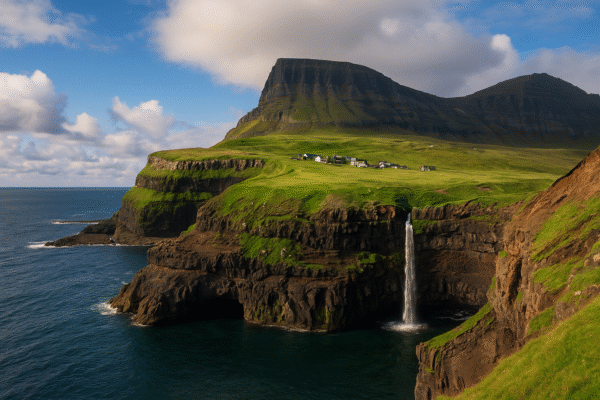A colorful, plastic toy once reserved for playful summer afternoons has taken on a new identity on the streets of Barcelona. Over the past year, the humble water gun has emerged as an unlikely but powerful symbol in Spain’s intensifying anti-tourism movement, aimed at curbing the flood of international visitors that many locals say is overwhelming their beloved city.
The latest chapter in this unconventional protest unfolded on a hot Sunday afternoon, when nearly 1,000 demonstrators marched through Barcelona’s luxury shopping district, aiming to reach the iconic La Sagrada Familia. With temperatures soaring to 30°C (87°F), the protesters were armed not with signs alone, but with brightly colored water guns. Their targets? Tourists.
While most sprayed water harmlessly into the air or at fellow demonstrators, a few squirted unsuspecting visitors at cafés or bus stops. The protest signs were just as pointed, bearing slogans like “One More Tourist, One Less Resident” and “Tourist Go Home.”
The origin of this unique protest tactic can be traced back to July 2024, when a fringe leftist group advocating for “degrowth tourism” organized a demonstration in Barcelona. The group, loosely aligned with environmentalist and anti-globalization ideals, argued that the city’s rapid tourism growth was pricing locals out of housing, clogging public spaces, and turning authentic neighborhoods into amusement parks for foreigners.
Initially, demonstrators used water guns simply to stay cool in the summer heat. But the symbol quickly evolved. When photos of tourists being spritzed with toy guns went viral, it catalyzed a movement. Since then, the squirting has become a form of satire and a non-violent—but very visible—means of expressing deep local frustrations.
Economic Dependency vs. Cultural Displacement
Barcelona has long been one of Europe’s tourism crown jewels. According to data from Turisme de Barcelona, the city welcomed over 12 million overnight visitors in 2023, generating more than €12 billion in revenue. For many, tourism represents opportunity, particularly for those employed in the hospitality, retail, and transport sectors.
Yet that same success has bred resentment. Activist Lourdes Sánchez, who joined the protest with her teenage daughter and a water gun in hand, summarized the sentiment:
“This is a symbol to say we are fed up with how the tourism industry is transforming our country into a theme park. We want neighborhoods, not playgrounds.”
While the protest largely remained peaceful, tensions occasionally flared. At one point, a group of marchers squirted employees outside a youth hostel, prompting one visibly upset worker to slam the door and retaliate verbally. These incidents, while isolated, highlight the friction between locals and the ever-present tide of international visitors.
Divided City, Divided Opinions
Despite the growing visibility of the movement, not all residents support these tactics. Many Barcelonans recognize the economic benefits tourism brings and worry that such confrontations might damage the city’s global image.
“The water guns may look harmless,” said Anna Miró, a restaurant owner in El Born. “But some tourists feel humiliated or even threatened. It’s not good for business, and it’s not how most of us feel.”
Indeed, some tourists expressed mixed feelings. Nora Tsai, a visitor from Taiwan, said she was initially startled when sprayed while walking near Passeig de Gràcia.
“It felt aggressive at first, but then I realized it’s more of a message than an attack,” she said. “I still love Barcelona. I’ve met a lot of kind people.”
Others, however, took it in stride, even calling it a “refreshing surprise” on a hot day.
Broader Context: Spain’s Overtourism Reckoning
Barcelona’s unrest mirrors a broader trend across Southern Europe. From Venice’s new tourist tax to Mallorca’s anti-airbnb campaigns, cities are reassessing the true cost of mass tourism. In Catalonia, the regional government has introduced stricter licensing rules for short-term rentals and is investing in promoting off-season and inland tourism to redistribute visitor pressure.
Yet activists argue that these efforts don’t go far enough. They’re calling for a cap on cruise ship arrivals, restrictions on guided tours, and stronger rent control policies.
“There’s no point in painting a tourist-friendly picture while your residents are being evicted or priced out,” said protest organizer Marta Valldosera. “Tourism should not come at the cost of community.”
Can Symbolism Spark Change?
While the toy guns are symbolic and mostly harmless, they reflect deeper issues that will require more than water to cool down. As Barcelona prepares for increased global attention ahead of events like the 2030 FIFA World Cup and future United Nations tourism initiatives, how the city balances its identity with economic imperatives will remain under scrutiny.
What began as a playful squirt has grown into a political statement, drenching the city’s tourism discourse with new urgency. Whether or not the water gun protests lead to tangible policy changes, they have already made one thing clear: in Barcelona, the battle over tourism is far from over.
For more news follow Global Travel Wire



